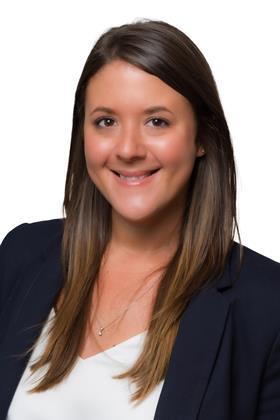The Scottish government recently proposed a new pilot scheme to hold trials for rape and attempted rape offences without a jury – a scheme aimed at increasing conviction rates.

With rape convictions at a low level across the whole of the UK however, is it time for us to ditch the juries?
Current system
In Scotland trials for rape and sexual offences take place before 15 members of the public, whose job is to decide whether the accused is guilty or not, or whether the offence is unproven. In England and Wales, a jury consists of 12 members of the public who decide verdicts of guilty or not guilty.
Trial by jury is seen as the foundation of democracy in our modern day criminal justice system. The fact that a jury is comprised of ordinary members of the public is said to reduce the potential for corruption and injustice, thereby securing a safe verdict.
Why is reform needed?
In Scotland, the statistics for successful prosecutions of rape and attempted rape offences stand in the region of 51% compared to 91% conviction rate for other types of offences; a stark difference.
In England and Wales, the level of successful prosecutions is around the 68% mark from figures provided by the Crown Prosecution Service in 2021/2022.
With such low conviction rates for the most serious sexual offences, this is undoubtedly going to deter victims from coming forward and reporting their assaults to the police. Calls for reform of the criminal justice system for rape victims are not, therefore, a new thing.
As juries are made up of ordinary members of the public, there is the potential for those selected individuals to be subject to all kinds of unconscious biases, which in turn could prejudice their interpretation of the evidence and their verdict.
As such, the poor conviction rates for rape and sexual offences specifically across the UK are said largely to be caused by ‘rape myths’ including: outdated attitudes in relation to consent; believing that a victim would cry out for help; believing that a victim would immediately report an offence to the police; and believing that victims should be emotional when giving evidence in court.
Indeed, the Law Commission, when considering reform of evidence in sexual offence prosecutions in England and Wales, noted: 'Academic research shows that some individuals hold misconceptions about sexual harm ("rape myths") in relation to the credibility, behaviour and experience of complainants in cases involving a sexual offence. It is unclear how extensive such misconceptions might be amongst the public and how much impact they can have on the juror’s task of evaluating the evidence.’
Under the pilot in Scotland, the proposal would see cases for rape and attempted rape heard by a single judge or sheriff who would decide whether the accused was guilty or not.
Benefits of juryless trials
The proposal has broadly been welcomed by victim support groups who believe that too many women are being let down and too many rapists are walking free from court – in the small number of cases that even make it to trial.
The aim of the reform, therefore, is to increase conviction rates for rape and attempted rape, thereby securing justice for more victims.
Juryless trials would certainly address and remove the possibility of ‘rape myths’; the idea being that a judge is much less likely to be influenced by ‘rape myths’ than members of the public and, therefore, uphold justice. Removing juries would also arguably assist with court delays and expense.
As part of a wider justice reform bill, if the pilot proves successful and legislation is then passed, the Scottish government also proposes to establish specialist sexual offences courts with the aim of reducing trauma and thereby improving the justice system for victims.
Problems with proposals
The pilot has caused much controversy and division, however. Defence lawyers in Scotland have threatened to boycott the scheme, stating juryless trials will remove the right of a defendant to a fair trial. There have also been calls that it would breach human rights.
With the focus being on increasing conviction rates, there are also concerns that this will pressure judges into delivering guilty verdicts in cases not truly made out, thereby impeding justice for innocent parties.
What’s the answer?
With conviction rates for rape and serious sexual offences still at an extremely low level compared to that of other offences, it is clear that reform is required across the UK to ensure that victims of serious sexual offences are able to obtain the justice they deserve.
Such reform needs to have victims at the heart of it: a system that will encourage victims to come forward; a system which will allow them to give their best evidence; a system where evidence is assessed objectively and isn’t influenced by outdated views towards women; and a system that is simply fair to both parties.
Rebecca Sheriff is a partner in the abuse team at Bolt Burdon Kemp and represents survivors of abuse in their claims for compensation
This article is now closed for comment.































4 Readers' comments